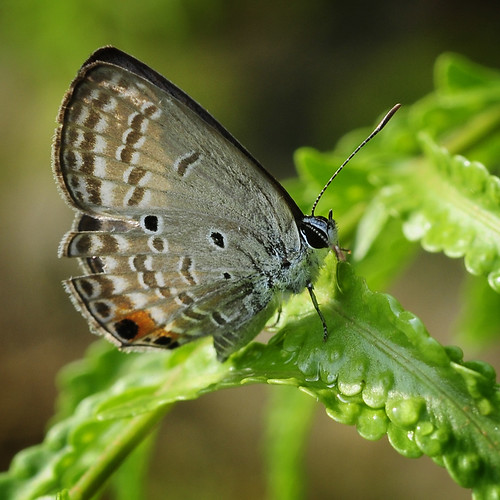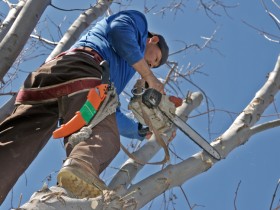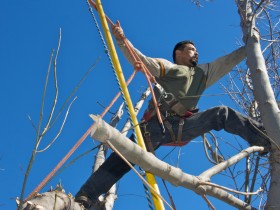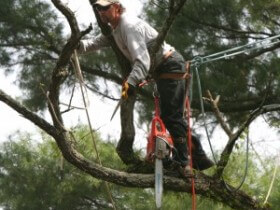More and more people are becoming interested in organic gardening as a safe alternative to store bought produce, which can contain all kinds of dangerous chemicals and may even present unforeseen threats with untested methods of genetic engineering. Additionally, most organic gardening techniques cost very little money. Here are some fundamental tips to get you well on your way to being a successful organic gardener.
Turn the handles of tools you have on hand into rulers to make measurements in your garden. Tools with long handles, such as shovels, hoes and rakes can be made into measuring sticks. Lay the handles upon the floor and use a tape measure along side of them. With a permanent marker, note pertinent measurements on the tool handle. When you decide to work in the garden again, you will now have a ruler at your disposal.
Beginning your garden with healthy soil is your first defense against pests! Healthier plants are greater in strength and resistance to illness and insects. If you start with balanced soil, your garden will produce healthy plants with the best yield. Refrain from using chemicals since these will increase the salt content of the soil.
Flower Garden
Plant a variety of flowers to keep your flower garden colorful and interesting. Annuals and biennials can add excitement and interest to your flower garden every season. These types of flowers grow at high speed, which gives you more flexibility in changing the look of your flower beds as the seasons change. They can make a handy, gap-filler between shrubs and perennials located in sunny areas. Some flowers you can use are rudbekia, petunias, cosmos, marigolds, or sunflowers.
Try using climber plants to cover up your fences and walls. Climbing plants are known to be very versatile, and can help hide any ugly wall or fence, and this often only takes one growing season. They can cover an arbor, or grow through trees and shrubs. Some must be tied onto a support, but a number of climbers attach to surfaces with twining stems or tendrils. Climbing roses, honeysuckle, wisteria, clematis, and jasmine are some great plants to try out.
Soil Analysis
Check the nutrients in the soil before you plant your garden. You can obtain a soil analysis for a nominal fee. Using that report, you can amend your soil as needed for a thriving garden. Many offices of Cooperative Extension will do a soil analysis, and it is important to know how to improve soil so that all crops can grow in it.
Using pest-resistant plants or natural materials in your garden is a good way to keep pests away. A border of onions or marigolds around a vegetable garden can repel slug. Keep insects away from shrub and tree seedlings with mulch containing wood ash. Using methods like these eliminates the need for chemical pesticides, which can be harsh or even harmful.
If you are going to grow peas, start them inside rather then planting them outdoors. Pea seeds germinate better indoors. Seedlings will grow stronger, and withstand attacks from pests and diseases a lot better. After the seedlings get mature enough, transplant them to your outdoor garden.
Use the advice here to start your own organic garden. It is an interesting hobby and one that can improve your health. Your foods will taste better and not contain the heavy chemicals of store bought produce. When your garden works with nature, you will also be able to notice an increase in the number of wildlife inhabiting your garden.
Most people are interested in learning about mdyhome.com, however, they are not always aware of how to do so on their own. Fortunately for you, this article has given you the information that you need to get started doing just that. Get out there and implement this information.




